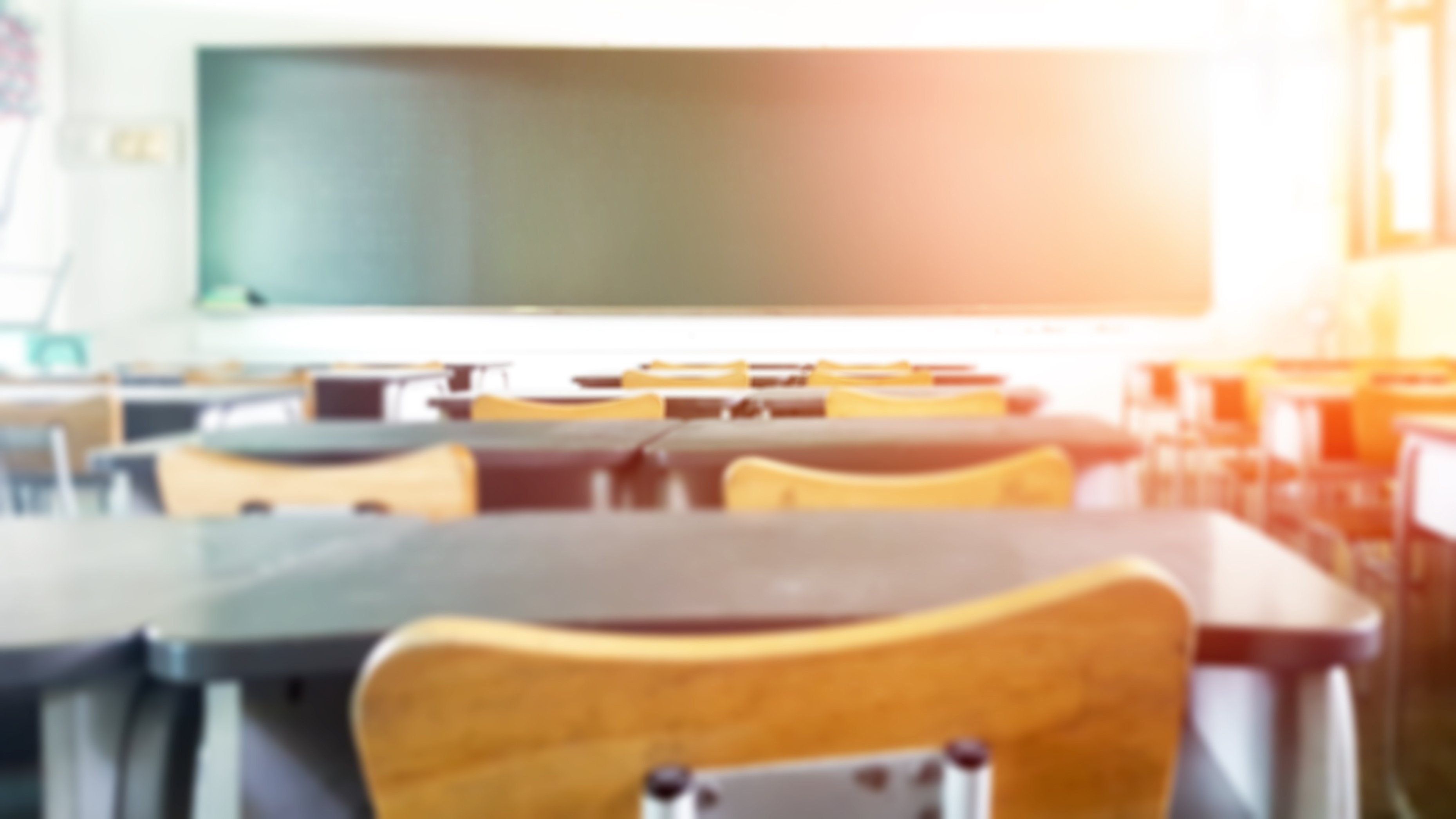NSW and Victoria have added smart watches to the list of items banned from exam rooms in order to prevent students from accessing notes, the internet or communicating with others, The Age reports. This follows similar moves from universities such as Monash and La Trobe. A spokeswoman from the Victorian Curriculum and Assessment Authority has stated that the devices were banned based on their ‘capacity to store, receive and transmit information’.
High-tech cheating
Smart watches such as the Apple Watch have been targeted because they have many of the same capabilities of smart phones, but are less obtrusive and can be used subtly. The risks presented by smart watches have led to a total ban in a Sydney independent boys’ school, based not only on concerns about academic dishonesty but also of student privacy. The Sydney Morning Herald quoted the Headmaster who said that the unobtrusive nature of the watches enables filming of students and teachers.
The ban of smart watches during exams extends existing bans of smart phones and other electronic devices, all of which can be used to cheat. Although smart watches are becoming more easily recognised, there has been evidence of new technologies that are harder to spot. A ‘cheating watch’ has been developed by a company that allows the user to upload notes and can be wiped blank with one button if a student is approached by a teacher. Also, a student at the University of Michigan has demonstrated how smart watches can be used to collaborate on multiple choice answers by developing an app which resembles a normal clock face with several pixels missing to correspond with other students’ answers.
Is cheating endemic?
In Victoria, there were 38 breaches of exam rules in 2014, which was down from 54 the previous year. Twenty-one cases were reported in NSW, although there were 350 cases of plagiarism in school assessments.
Although it is difficult to cheat in exams, even with new technology, there are concerns that a trend of academic dishonesty is materialising in other forms that are even more difficult to identify. Other forms of cheating, that do not involve having prohibited material in a exam, include submitting another person’s work or hiring someone to write essays that can be memorised and used in exams. If the work has not been submitted to the State or Territory’s curriculum regulator (i.e. the NSW Board of Studies of the Victorian Curriculum and Assessment Authority) or to the school before, it is difficult to conclusively prove that the student has cheated.
There is evidence that these practices are becoming increasingly common. Two essay writing companies in the Sydney area are respectively taking on 20 and 50 staff to cope with the demand for essays. Students are also getting advice on how best to conceal the fact that these essays have been purchased. A Newcastle tutor advises customers to edit the essay to more closely resemble their own writing style in order to prevent a teacher from recognising discrepancies between their own work and the purchased essay.
Teachers are frustrated by the difficulties in identifying this cheating, and often must rely on students making mistakes. One reported case at a Sydney selective school involved eight students in one class submitting identical paragraphs in one exam. This follows reports of MyMaster’s practice of selling essays to students in NSW universities earlier this year, which led to the suspension of more that 70 university students.
Strategies for schools
Students often feel pressure to achieve high marks, and this pressure can create incentives to cheat. Schools should have clear policies regarding the use of technology during assessments and should communicate the policy and the consequences of any breach to students.
And it is no easy task for teachers and schools to keep up to date, and keep their policies up to date, with creative new technology which, in some cases, is advertised to students as a communication tool in class which can avoid teacher detection. For example, Apple Senior Vice President of Retail and Online Stores Angela Ahrendts has recently told employees that the Apple Watch is ‘the greatest back to school item this year’ as it can be used in the classroom without a teacher seeing, unlike with a larger iPhone.
Given that Ms Ahrendts is quoted as encouraging her staff to tell students to ‘jump on (the watch) before the teachers do’, it’s clear that schools need to be proactive when it comes to gadgets in the classroom when confronted by the tactics of retailers whose priorities are sales, not exam integrity.
To help acheive honest examination results, exams must be supervised to minimise the risk of students using technology to access information or communicate with others. Generally, teachers should be aware of the potential cheating services available to students. If they suspect that the submitted work has not been completed by a student, they can ask for drafts of the work or evidence that the student has completed the research necessary to write the assignment.
NSW schools must ensure that they have complied with the Independent Commission Against Corruption’s regulations, which came into effect in 2014 and which require schools to record all instances of plagiarism or the submission of someone else’s work by HSC students. It is in the interests of all schools to prevent academic dishonesty and identify it when it does occur, in order to ensure all students are on a level playing field.


.png)
